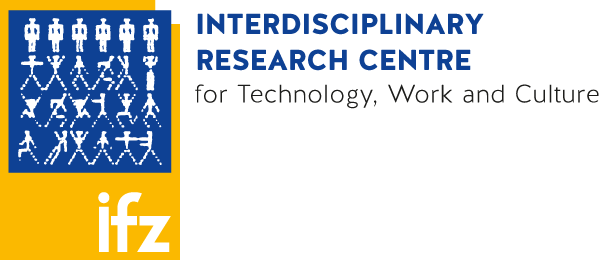FOODLINKS - Knowledge brokerage to promote sustainable food consumption and production: linking scientists, policymakers and civil society organisations
As a response to the multitude of food-related health and sustainability concerns a new food geography is forcing itself onto the scientific and political agenda. This new food geography is grounded in a different logic and incorporating different values than the industrial global food geography.
To support bringing the new food geography into the policy arena FOODLINKS will analyse and engage in knowledge brokerage activities and create effective linkages between scientists, civil society actors and policy makers.
European Commission, 7th Framework Programme for Research (Environment),
Federal Ministry of Science, Research and Economy, TOP.EU-Programm
2011-2013
- University Wageningen (Netherlandy)
- Research Institute for biological agriculture, FIBL (Switzerland)
- University Cardiff (United Kingdom)
- University Pisa (Italy)
- Baltic Studies Centre (Letvia)
- City University London (United Kingdrom)
- City council Malmö (Sweden)
- scottish land government (Scotland)
- Government of the autonomous Bascque Country (Spain)
- FRCIVAM (France)
- City council Tukum (Latvia)
- Via Campesina Austria (Austria)
- Land government Limburg (Netherlands)
- Styrian land Government (Austria)
As a response to the multitude of food-related health and sustainability concerns a new food geography is forcing itself onto the scientific and political agenda. This new food geography is grounded in a different logic and incorporating different values than the industrial global food geography. Central to this new geography of food is a sustainability discourse that no longer accepts the externalization of environmental, social, and even economic costs. Driven as it is by new concerns about food quality and safety, nutrition, food security, and carbon foot prints, the emerging new food geography is developing along three partly interrelated lines:
- Short producer to consumer food chains – new relations between civil society and the chain of food provision
- Re-valuing food procurement – new relations between the public sector and the chain of food provision
- Urban food strategies – the rise of municipalities and city-regions as food policy makers, pointing to new relations between the government and civil society
To support bringing the new food geography into the policy arena FOODLINKS will analyse and engage in knowledge brokerage activities and create effective linkages between scientists, civil society actors and policy makers. To achieve this, Communities of Practice (CoP) will be established in each of the three themes: researchers, policy makers and civil society actors sharing a common interest, a practice, a concern, a set of problems or a passion together build up learning communities.
